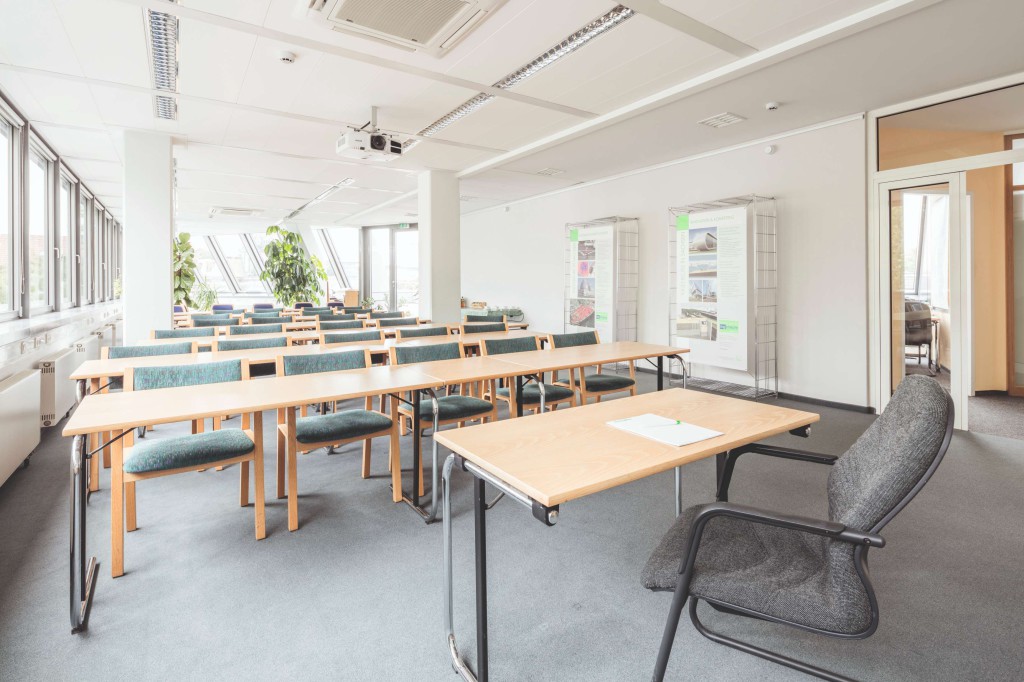Specifying and the safeguarding of students

Richard Bateman, Product Marketing Manager at RWC, explores the key role plumbing and heating systems play when it comes to meeting the needs of school building occupants.
Essential to the smooth, safe and efficient running of schools, plumbing and heating systems must withstand high levels of usage every day, as well as perform reliably for years to come to maximise the stretched budgets of individual schools.
There are more than 30,000 schools and academies in the UK, providing dedicated learning environments for more than 10 million pupils and employment for more than 600,000 teaching staff. For each of these environments to be effective, it is essential for buildings to perform optimally, with plumbing and heating systems forming a core part of this.
To achieve this, specification is key.
It goes without saying that health and safety should be a primary consideration when it comes to specifying systems for educational environments. Accommodating users of all ages, schools have to be acutely aware of protecting users from risks such as scalding, as well as diseases such as Legionnaires.
To protect people at the point of use, Thermostatic Mixing Valves (TMVs) can be installed at each outlet, ensuring water temperatures do not exceed 46°C and, therefore, do not pose a scalding risk. To provide adequate performance and meet the required standards, it is essential that TMV2-approved valves are used in education environments, unless the users are likely to be at a higher risk of scalding such as those with disabilities or children of nursery age. In these environments, only TMV3-approved valves should be installed.
To protect users over the long-term, these valves should also be easy to access, supporting future maintenance and servicing. As well as being tested at the time of installation, these valves need to be tested at regular intervals to ensure effective operation. This interim testing should take place every six months for TMV3 valves, and every 12 months for TMV2 valves.
Schools generally have larger hot water systems and user demand is constant, therefore secondary circulating hot water systems are becoming more common to enable instant hot water at the outlets.
It is essential to thermally balance this type of system to ensure optimum efficiency from the heat source, as unbalanced systems can create a host of problems, from inconsistent hot water availability through to creating environments for harmful bacteria to grow. Thermal Balancing Valves (TBVs) can negate these challenges. Installed at various points across a system, they can safely provide a constant and stable supply of hot water and regulate the flow of water in line with temperature.
Aside from risks such as scalding and backflow, specifiers should also adopt measures to prevent against backflow. Any building can experience backflow, where pressure fluctuations can move water in the opposite direction, subsequently contaminating the water supply. Schools are commonly defined as Fluid Category 4 and, as such, require the installation of Reduced Pressure Zone (RPZ) valves as standard to prevent backflow.
Future-proofing systems
Besides safety, the longevity and reliability of plumbing and heating systems is paramount for schools, enabling them to withstand heavy usage and remain functional for years to come. In practice, effective specification will help schools to maximise their budgets and deliver consistent value for all stakeholders.
Alongside protecting users from some of the common challenges associated with hot water systems, effective specification will also improve ongoing maintenance. Through effective system planning, regular maintenance and servicing can be carried out quickly and accurately, maximising the lifespan and performance.







